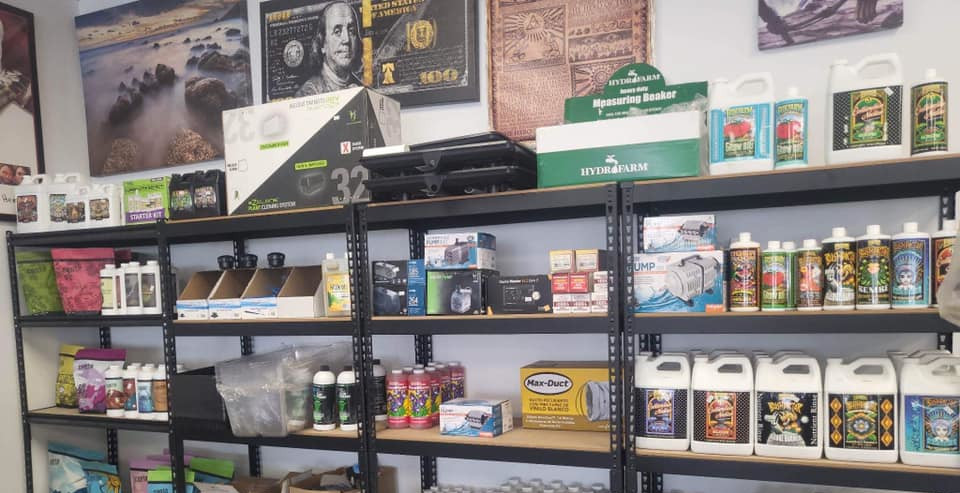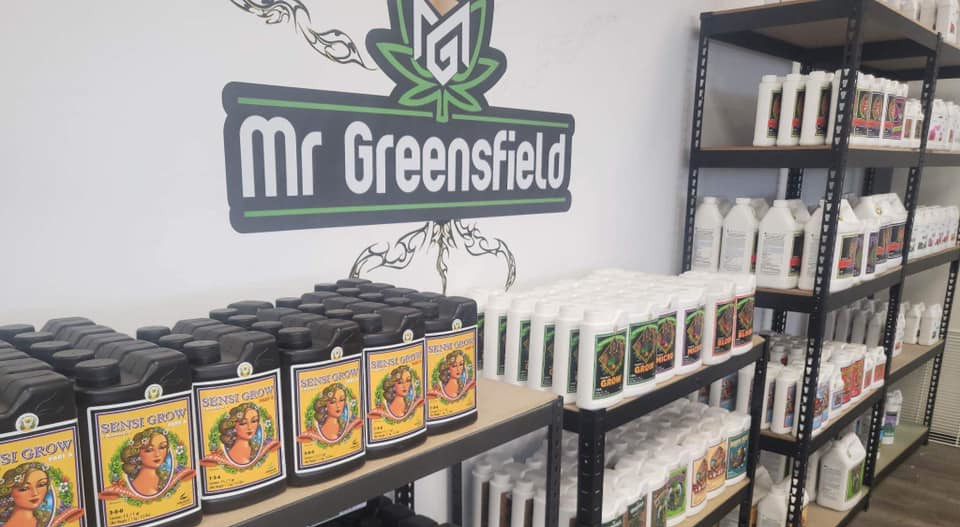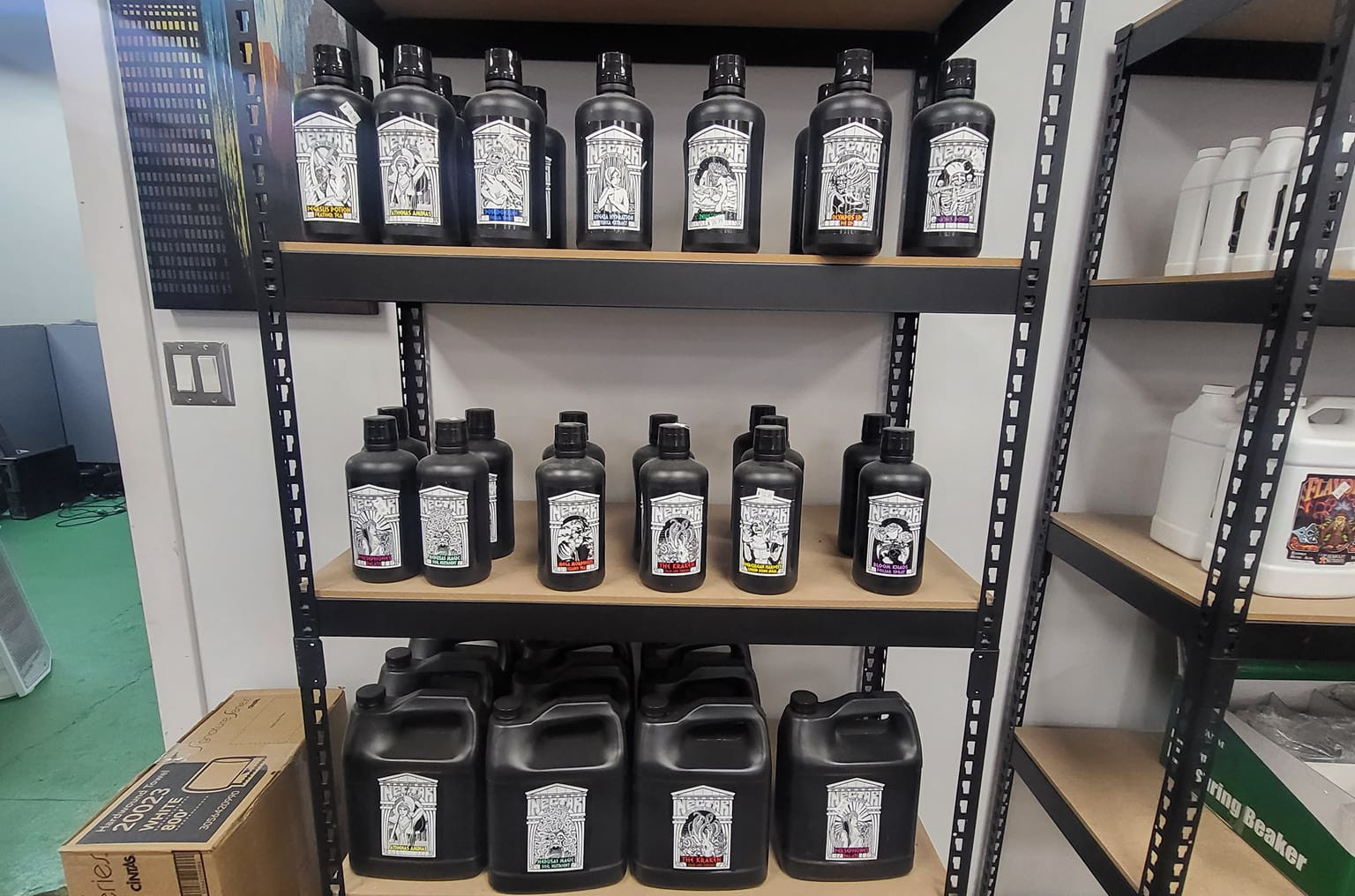The Essential Role of Nutrients in Indoor Plant Growth

Having a thriving indoor garden starts with understanding the vital role nutrients play in the health and vitality of your plants. Proper nutrition is essential for plant growth, as it provides the necessary elements that support various physiological processes, from root development to flowering and fruiting. In this guide, we will explore the significance of nutrients in indoor plant growth and how choosing the right nutrient products can make a significant difference in the overall health of your indoor garden.
Understanding the Vital Role of Nutrients in Indoor Plant Health
Nutrients are the building blocks of plant growth, and they are essential for every stage of a plant’s life cycle. Nitrogen, phosphorus, and potassium are the primary nutrients that plants need in relatively large quantities. These nutrients play specific roles in plant growth:
- Nitrogen supports leafy, green growth and aids in the synthesis of proteins and enzymes.
- Phosphorus is crucial for root development, flowering, and fruiting.
- Potassium regulates various physiological processes, such as water uptake and enzyme activation.
The Impact of Proper Nutrition on Plant Growth and Vitality
When indoor plants receive the right balance of nutrients, they grow vigorously, produce lush foliage, and develop strong stems. Adequate nutrition also enhances the plant’s ability to withstand stressors like pests, diseases, and fluctuations in environmental conditions. Additionally, well-nourished plants are more likely to set abundant flowers and produce bountiful harvests.

The Basics of Plant Nutrition
In addition to the primary nutrients, indoor plants also require secondary nutrients and micronutrients. Secondary nutrients include calcium, magnesium, and sulfur, while micronutrients encompass elements like iron, zinc, and manganese. While these elements are needed in smaller quantities, they are equally vital for proper plant growth.
The Signs of Nutrient Deficiency
Identifying nutrient deficiency symptoms in indoor plants is crucial for addressing their nutritional needs promptly. Yellowing leaves, stunted growth, and poor flowering are common signs of nutrient deficiencies. Ignoring these symptoms can lead to further plant deterioration and reduced productivity.
Choosing the Right Nutrients for Your Indoor Garden
There are various types of plant nutrients available in the market, each tailored to meet specific plant needs. It is essential to evaluate your indoor plants’ requirements and growth stages to select the most appropriate nutrient products. High-quality nutrient formulations with balanced nutrient ratios are crucial for optimal plant health.
How Nutrients Improve Plant Growth and Yield
Nutrients play a vital role in several aspects of plant growth and development:
- Enhancing Root Development and Absorption: Proper nutrient availability promotes healthy root growth and improves the plant’s ability to absorb water and essential elements from the soil.
- Promoting Healthy Foliage and Robust Stems: Adequate nitrogen and micronutrients support vibrant leafy growth and sturdy stems.
- Boosting Flowering and Fruit Set in Indoor Plants: Phosphorus and potassium are instrumental in promoting flowering and fruit development, leading to a bountiful harvest.
Nutrient Application Techniques and Best Practices
The method of nutrient delivery can significantly impact nutrient absorption and plant health. Indoor gardeners can choose between soil-based cultivation and hydroponic systems. Proper nutrient mixing, dilution, and adhering to a nutrient feeding schedule are essential for achieving optimal results.
Mitigating Nutrient Overload and Toxicity
While nutrients are vital for plant growth, overfeeding can lead to nutrient overload and toxicity. Nutrient toxicity can cause adverse effects on plant health and growth. Maintaining proper pH levels in the growing medium is crucial for preventing nutrient imbalances and ensuring optimal nutrient uptake.

The Benefits of Premium Nutrient Products
Investing in high-quality nutrient products offers numerous advantages for your indoor garden. While organic and synthetic nutrients both have their merits, carefully selected premium nutrient formulations can provide long-term benefits and optimal plant health. Additionally, nutrient additives and supplements can be utilized to address specific plant care needs, such as boosting flowering or root development.
Conclusion
Empower your indoor garden with the power of nutrients by choosing the right nutrient products tailored to your plants’ needs. Proper nutrition is the foundation for robust and thriving indoor plants. From root development to flowering and fruiting, nutrients play a crucial role at every stage of a plant’s life cycle. By providing your indoor plants with balanced and high-quality nutrients, you take a significant step towards achieving a lush and productive indoor garden that fills your home with beauty and vitality.